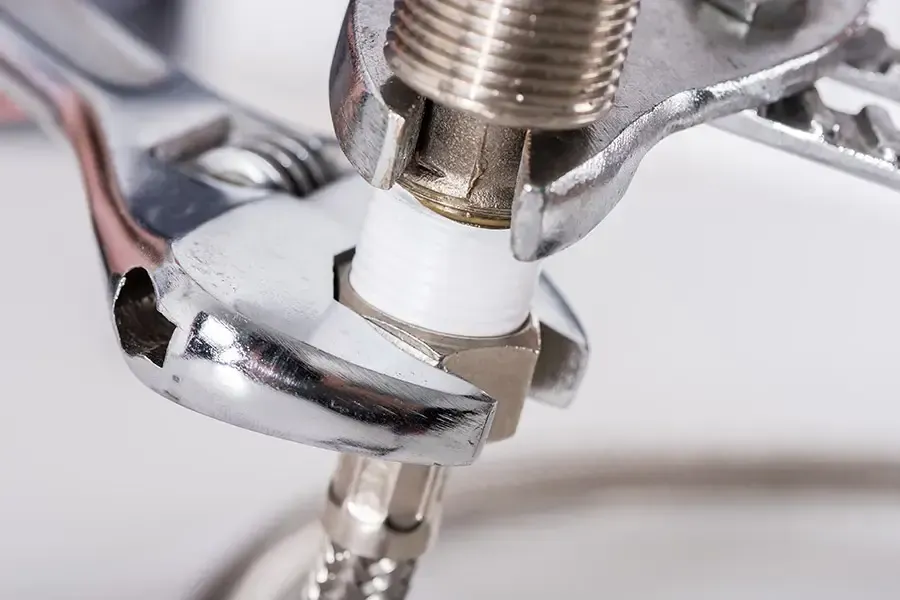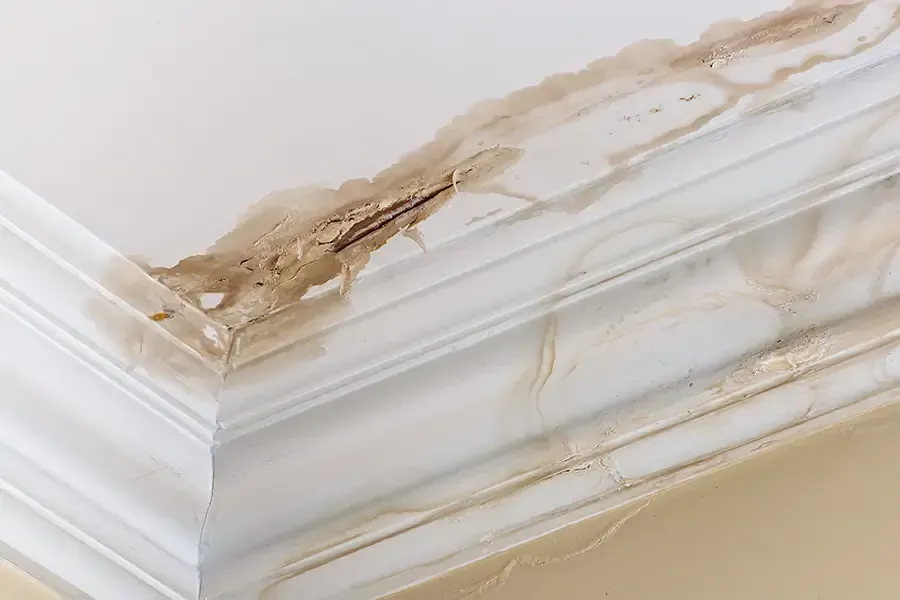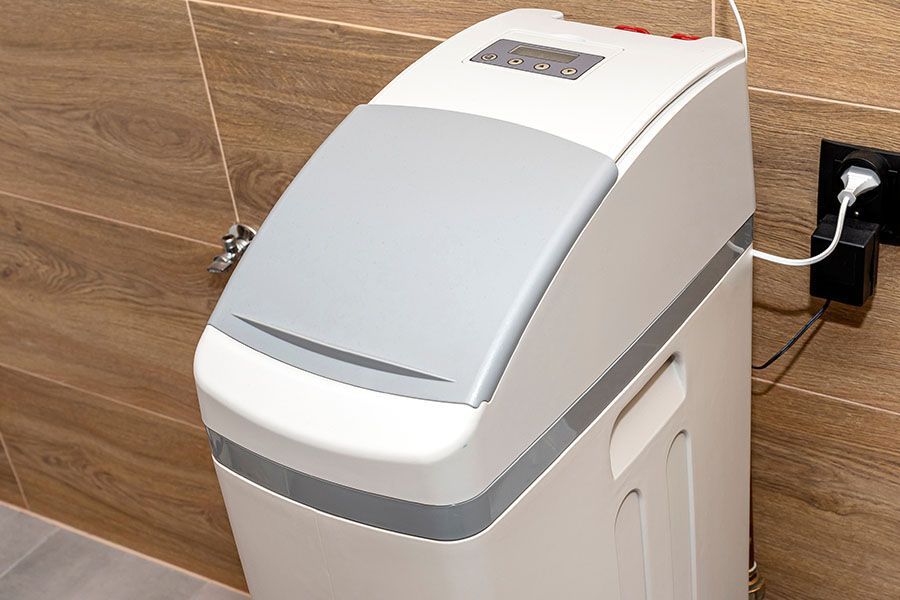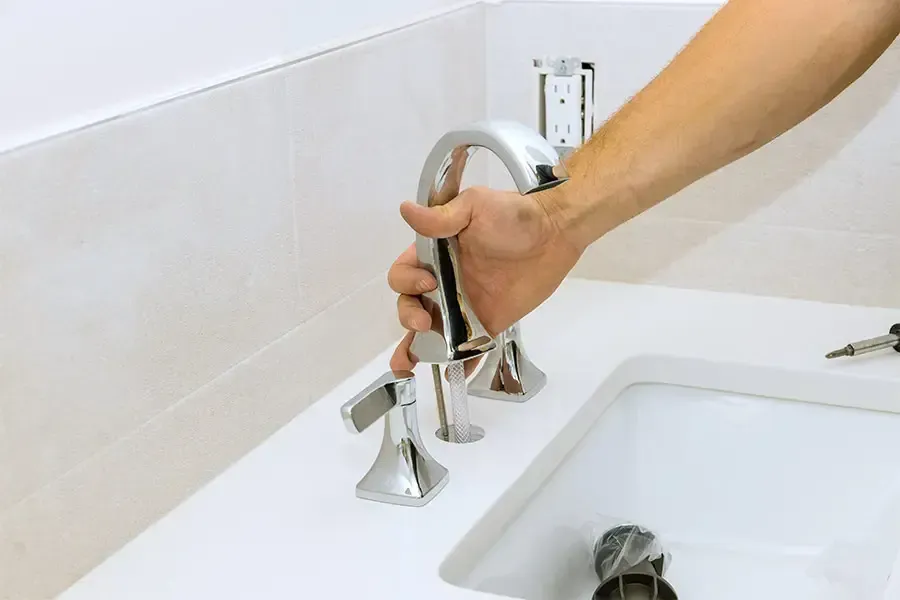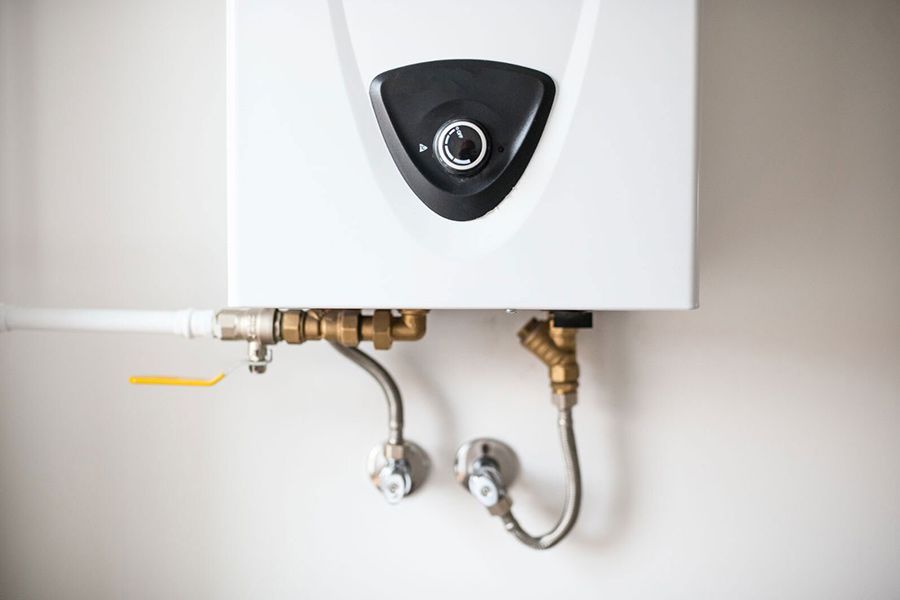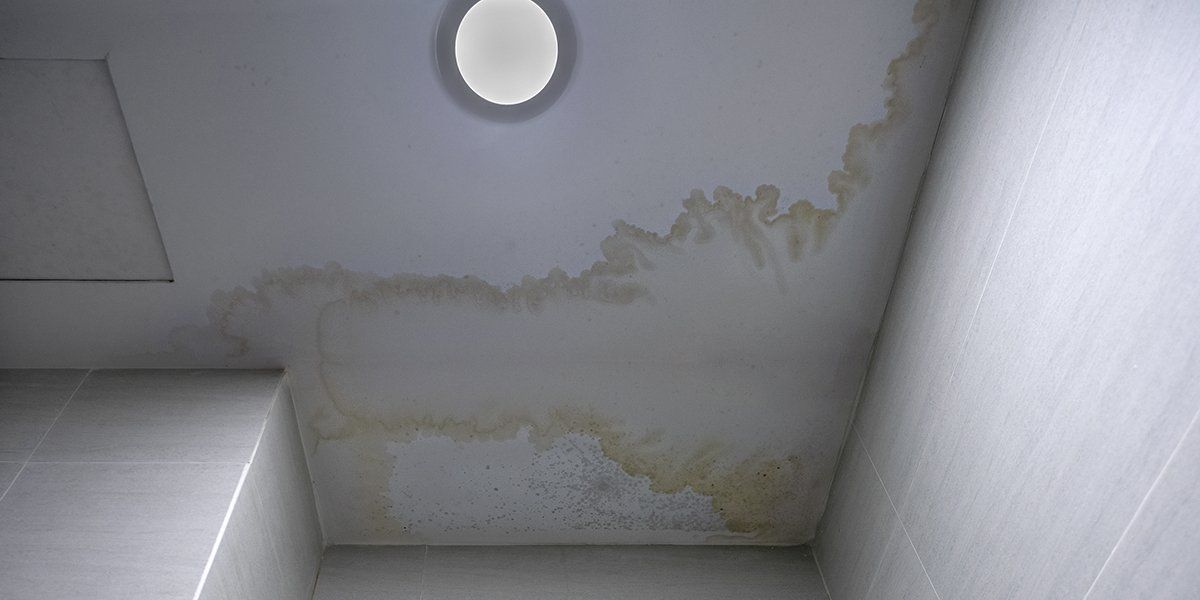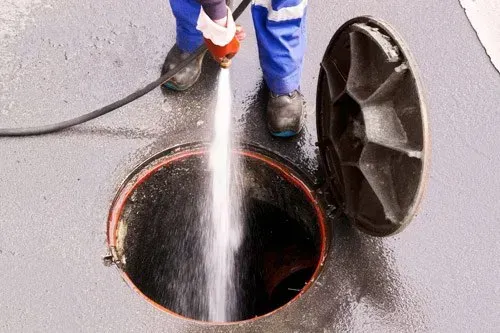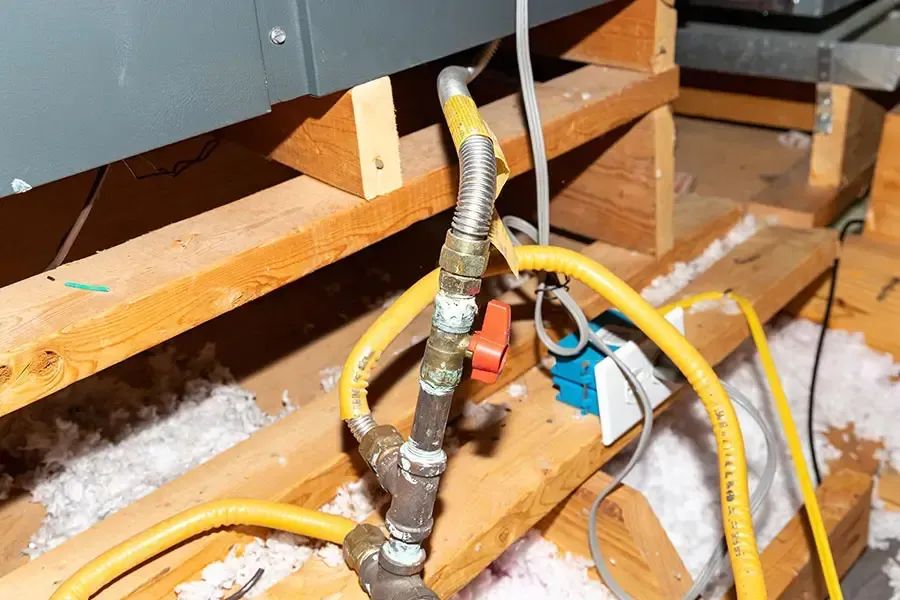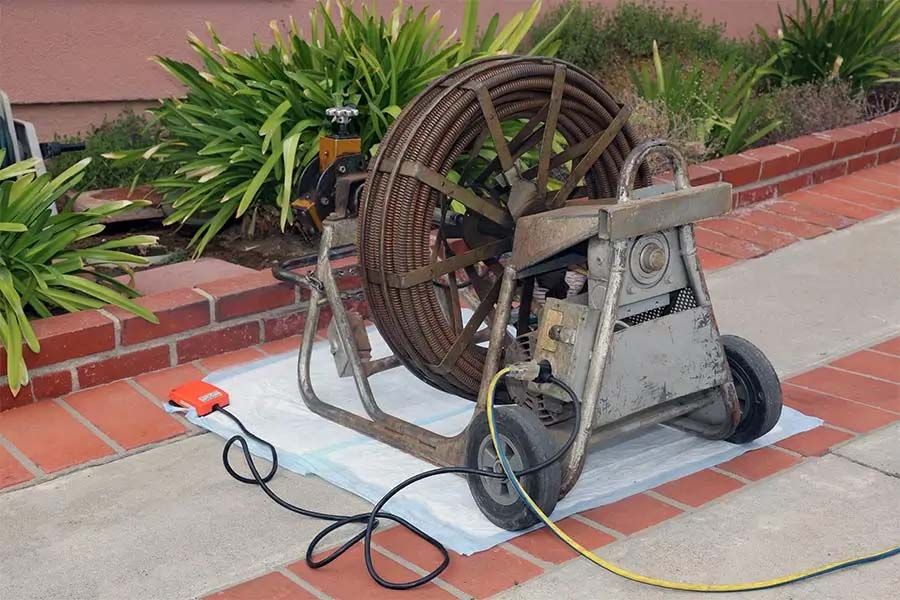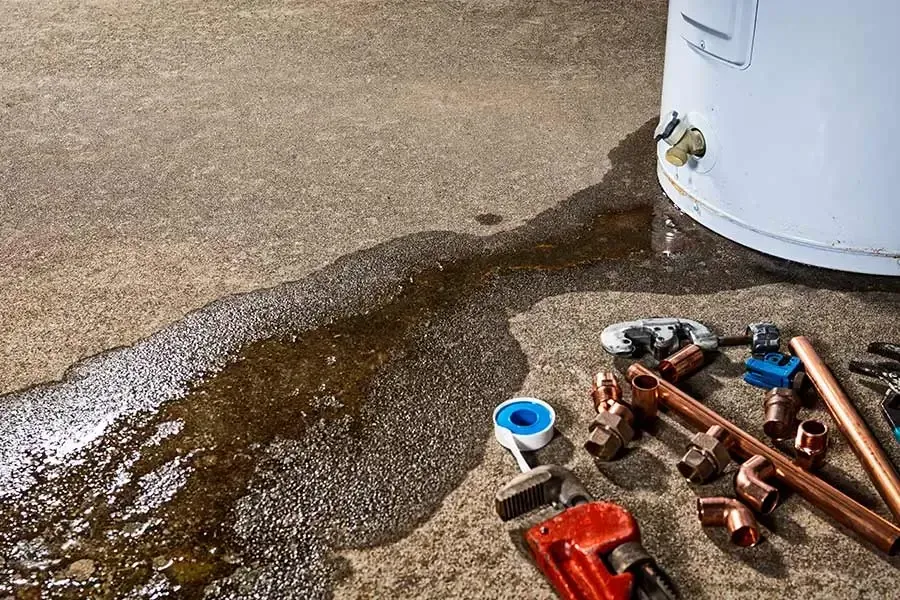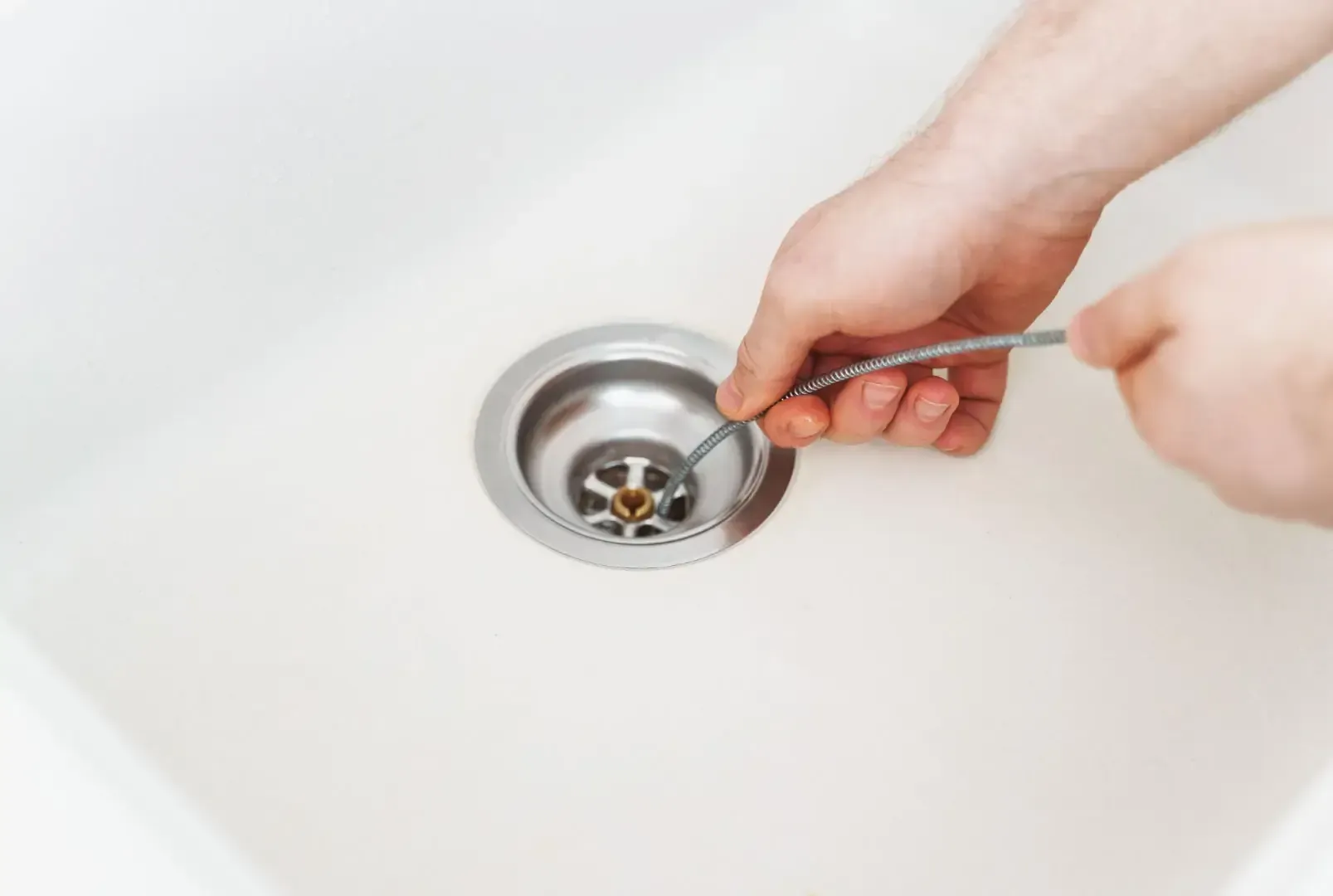by SEOCH
•
8 December 2025
If you own a home in Wickliffe, OH, slab leaks can be a significant concern. Understanding how they occur and taking proactive steps can save you from costly repairs down the line. By implementing a few effective strategies, you can protect your foundation and guarantee your plumbing system runs smoothly. Curious about the specific methods that can help you safeguard your home? Let's explore some proven ways to prevent slab leaks effectively. Understand the Causes of Slab Leaks While it might seem like a minor issue at first, understanding the causes of slab leaks is essential for protecting your home. Slab leaks typically occur due to shifting soil, poor installation, or corrosion of pipes. When soil beneath your foundation expands and contracts, it can exert pressure on your plumbing system, leading to cracks. If pipes were improperly installed, they may not be able to withstand daily wear and tear, increasing the risk of leaks. Corrosion, often caused by chemical reactions with water and pipe materials, can weaken even the most durable pipes over time. Additionally, high water pressure can exacerbate pipe stress, making leaks more likely. Regular inspections by licensed professionals can help identify potential issues before they lead to costly repairs. Regularly Inspect Your Plumbing System To prevent slab leaks, you should regularly inspect your plumbing system. Start by checking for any leaks and monitoring your water pressure, as both can indicate underlying issues. Staying proactive can save you from costly repairs down the line. Additionally, utilizing infrared cameras can help identify leaks not visible to the naked eye. Check for Leaks Regularly inspecting your plumbing system prevents slab leaks and protects your home from costly damage. Start by checking visible pipes for any signs of leaks, such as moisture or discoloration. Don't forget to look under sinks, around toilets, and near water heaters. Listen for unusual sounds, like dripping or running water, which can indicate an issue. You should also inspect your foundation for damp spots or cracks, as these may signal hidden leaks. If you notice anything unusual, address it immediately. Regular leak checks can save you from extensive repairs later. Consider scheduling professional inspections annually to guarantee everything's in top shape. With vigilance, you can protect your home and maintain its value. Monitor Water Pressure Monitoring water pressure is essential for preventing slab leaks and ensuring your plumbing system functions efficiently. High water pressure can stress pipes, leading to cracks and leaks, especially in the slab foundation. You should regularly check your home's water pressure using a gauge, aiming for a range of 40-60 psi. If you notice it exceeds this range, consider installing a pressure regulator to protect your plumbing. Additionally, keep an eye out for unusual spikes in pressure, which can indicate underlying issues. Regular inspections by a professional, like Formica Plumbing & Sewer Co., can help identify and address potential problems before they escalate. Maintain Proper Drainage Around Your Home To prevent slab leaks, you need to maintain proper drainage around your home. Start by considering how your landscape is graded and guarantee water flows away from your foundation. Additionally, keep your gutter system clean and functional to direct rainwater away effectively. Regular drain cleaning techniques can further help in preventing water buildup that may contribute to slab leaks. Landscape Grading Considerations While proper landscape grading might seem like a minor detail, it plays an essential role in maintaining effective drainage around your home. When you design your landscape, make certain that the ground slopes away from your foundation. This prevents water from pooling near your slab, reducing the risk of leaks. Additionally, keep any flower beds or gardens lower than your foundation to encourage drainage. Regularly inspect and adjust your grading as necessary, especially after heavy rains or landscaping changes. Remember, even small dips or hills can impact water flow. Gutter System Maintenance Proper gutter system maintenance is essential for guaranteeing effective drainage around your home. Clogged gutters can cause water to overflow, leading to soil erosion and potential slab leaks. To prevent this, regularly inspect and clean your gutters, removing debris like leaves and twigs. Make certain that downspouts direct water at least three to four feet away from your foundation. Check for any damage or sagging, and replace or repair sections as needed. During heavy rainfall, monitor how well your gutters handle the flow. Keep Soil Moisture Levels Consistent Maintaining consistent soil moisture levels is essential for preventing slab leaks, as fluctuating moisture can lead to soil expansion and contraction beneath your foundation. To achieve this, regularly water your landscaping and guarantee proper drainage around your home. During dry spells, use soaker hoses or drip irrigation to keep the soil evenly moist. You can also consider mulching around plants to retain moisture and reduce evaporation. In areas with heavy rainfall, install drainage systems to direct excess water away from your foundation. Monitor your soil moisture with a simple moisture meter to avoid overwatering or underwatering. Additionally, ensure your plumbing system is in optimal condition by scheduling routine inspections to detect any potential issues early. If your home has trees nearby, be mindful of their root systems, as they can absorb significant moisture, causing soil displacement. By keeping the soil moisture stable, you can protect your foundation and minimize the risk of slab leaks, providing a solid, stable base for your home. Insulate Pipes to Prevent Damage To prevent slab leaks, insulating your pipes is a smart move. You'll find that using the right insulation materials not only protects your pipes from temperature fluctuations but also saves you money on energy bills. Plus, this added layer of protection can greatly reduce the risk of damage to your home. Pipe Insulation Materials Although you mightn't think about it often, insulating your pipes is an essential step in preventing damage from slab leaks. Choosing the right materials can make all the difference. Foam insulation is a popular option due to its ease of installation and effectiveness in reducing heat loss. You might also consider fiberglass insulation, which provides excellent thermal protection but requires more effort to install. If you're in very cold areas, rubber insulation can offer superior protection against freezing. No matter what material you choose, make sure it fits snugly around the pipes to maximize its benefits. Properly insulating your pipes not only helps prevent slab leaks but also enhances your home's energy efficiency. Benefits of Insulation Insulating your pipes offers numerous benefits that go beyond just preventing slab leaks. By adding insulation, you can maintain a consistent temperature in your plumbing, reducing the risk of freezing during harsh winters. This not only protects your pipes but also saves you money on heating costs, as insulated pipes retain heat more effectively. Additionally, insulation can help reduce noise from water flow, enhancing your home's comfort. It also prevents condensation, which can lead to mold growth and other moisture issues. Overall, insulating your pipes is a smart investment in your home's longevity and efficiency. If you need help with insulation or any plumbing needs, Formica Plumbing & Sewer Co. is here to assist you! Monitor Water Pressure Regularly Regularly monitoring your water pressure is essential for preventing slab leaks in your home. High water pressure can put excessive strain on your plumbing system, increasing the risk of leaks in pipes that run beneath your foundation. To guarantee your pressure stays within a safe range, invest in a pressure gauge and check it periodically. Ideally, your water pressure should be between 40 and 60 psi. If you find it consistently exceeding this range, it's time to take action. Consider adjusting your pressure-reducing valve or contacting a professional plumber for assistance. Additionally, be aware of any sudden changes in water flow or unusual noises in your pipes, as these could indicate a problem. Use Quality Materials for Plumbing Installations Maintaining proper water pressure is just one aspect of safeguarding your plumbing system; using quality materials for installations is equally important. When you invest in high-grade pipes, fittings, and fixtures, you greatly reduce the risk of leaks and future repairs. Cheaper materials might save you money upfront, but they often lead to problems down the line, including slab leaks that can damage your home. Always choose materials that are resistant to corrosion and wear. Copper and PEX piping are great options, as they offer durability and longevity. Don't forget to hire experienced professionals for installation; their expertise guarantees everything's done correctly. At Formica Plumbing & Sewer Co., we emphasize quality in every project. We're here to help you select the best materials for your plumbing needs. By making these smart choices, you'll protect your home and enjoy peace of mind for years to come. Address Plumbing Issues Promptly While it might be tempting to ignore minor plumbing issues, addressing them promptly can save you from significant headaches later on. Even a small leak can lead to increased water bills, mold growth, and, ultimately, slab leaks if left untreated. If you notice dripping faucets, running toilets, or damp spots on your floor, don't wait for them to escalate. Schedule Routine Professional Inspections Scheduling routine professional inspections is essential for catching potential plumbing issues before they turn into costly slab leaks. By having a licensed plumber examine your plumbing system regularly, you can identify weaknesses or early signs of trouble that might otherwise go unnoticed. These inspections not only help maintain the integrity of your plumbing but also give you peace of mind. During these visits, professionals will check for leaks, corrosion, and other signs of wear. They can also assess your pipes' condition and recommend necessary repairs or replacements. This proactive approach saves you money in the long run, as addressing minor issues now can prevent major headaches later. Formica Plumbing & Sewer Co. offers thorough inspections tailored to your home's needs. With their expertise, you can trust that your plumbing system is in good hands, and you'll be one step closer to protecting your home from slab leaks. Invest in a Water Leak Detection System Investing in a water leak detection system can be a game-changer for your home, especially when it comes to preventing slab leaks. These systems provide continuous monitoring, alerting you to leaks before they escalate into major issues. With real-time notifications sent directly to your smartphone, you can take action quickly, minimizing damage and costly repairs. Many systems offer features like automatic shut-off valves, which can prevent water from flowing if a leak is detected. This not only protects your home but also conserves water, benefiting both your wallet and the environment.
